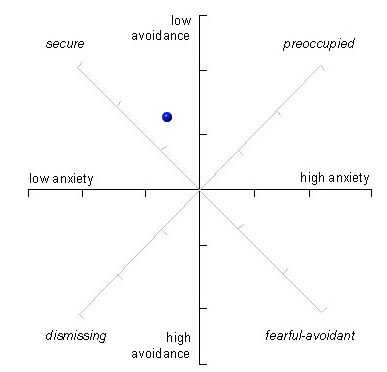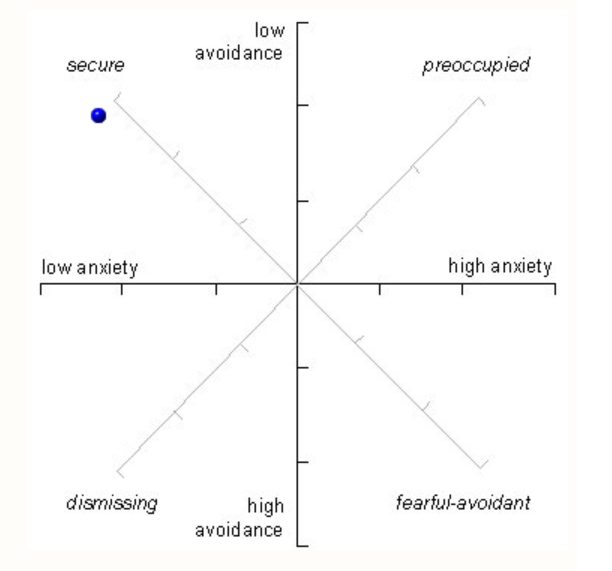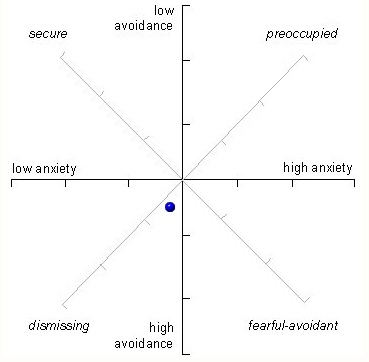There I was again. My back pressed against the wall.
My head hung so low it looked like my neck might snap. The weight of lost love bared down again. Why could I never learn? Why did I always have to fall in love so quickly?
My old belief was that love was simply unicorns and butterflies. It was only pleasant—pleasurable, and should work, without any work.
This was naive and blatantly not true, but it didn’t stop me from believing it.
I used to love, so I could fill that part of myself that I couldn’t love.
There’s a part of me that desperately seeks fixing. It doesn’t feel good enough. It’s my shyness, it’s my laziness, it’s my near constant anxiety.
It’s my fear. It’s my hate. It’s my judgement.
I start to fear myself when I find myself falling into love again.
I know I’m going to get lost. I know I’m going to give too much. I know I’m going to lose track of what’s important.
When I love I lose: my relationships, my work, my force, my current life.
I stumble into a new world. One that feels pleasurable, yet fleeting. Cling to this, hold on tight, it’s going to leave. It’s going to crumble away—it always does.
In this breaking, is where I realize what I’ve done. I realize where I’ve lost my path. I realize the wounds I still have left to acknowledge. I realize the potent power of love, mostly when it leaves.
But, I prefer to risk cracking my own heart than to withhold this love, even for a second.
Love always leads to loss. Death is always there.
Heartbreak. Loss. Pain. These are forms of love too.
These are the depths of love. Yet, these are the feelings we run from. We repress, and become numb. Fearing this side of what we love so much. This almost matters more than the love itself.
More than the bliss. More than the understanding. More than dissolving your boundaries into another. More than the multi-orgasmic sex.
Being afraid of the dark is no way to live in the light. We must plunge in, fall, experience and relish. We must never retreat.
I love to discover, but I also love because I’m an addict. I can’t get enough of these feelings.
Those feelings I can’t generate for myself. Those feelings that run so deep they speak with Spirit herself. Those feelings that make perfect sense, but also carry perfect fear.
I prefer to stumble madly into the pulse of the universe.
I want to spend my life buried in these feelings, digging through the rubble.
Reading about love can never get you close to what’s real. Talking about love doesn’t work either. Only by stumbling downhill and risking your entire heart, your entire life, can you begin to feel what our purpose is, as lovers.
So, yes, I might fall in love too fast. I might be reckless with my love. My heart may be covered in bandages. But, when I remove these bandages, at least I can say I was willing.
I was willing to love the wrong people, at the wrong time. I was willing to discover these depths. I was willing to walk blind into eventual pain. I was willing to be courageous.
Loving fully is brave. It takes a warrior. Only a coward withholds and hides from her heart. When you hide from its intensity you lose out on the one thing that’s worth living for.
Via Kevin Wood on May 30, 2015
https://www.elephantjournal.com/2015...-my-own-heart/





 Reply With Quote
Reply With Quote


 -
- 
 (as per tcaudilllg)
(as per tcaudilllg)















